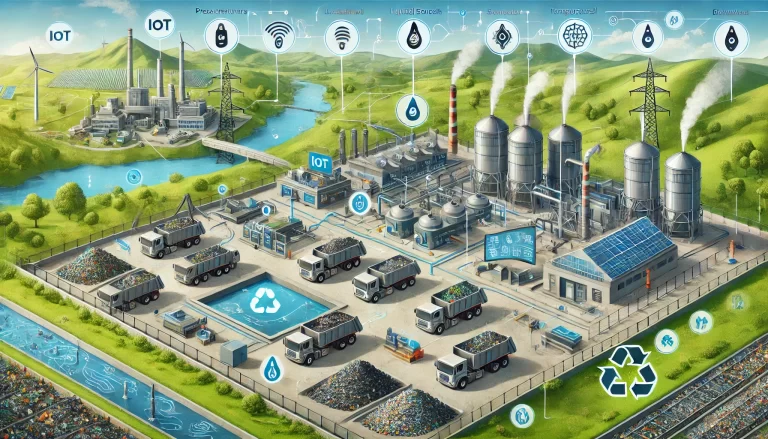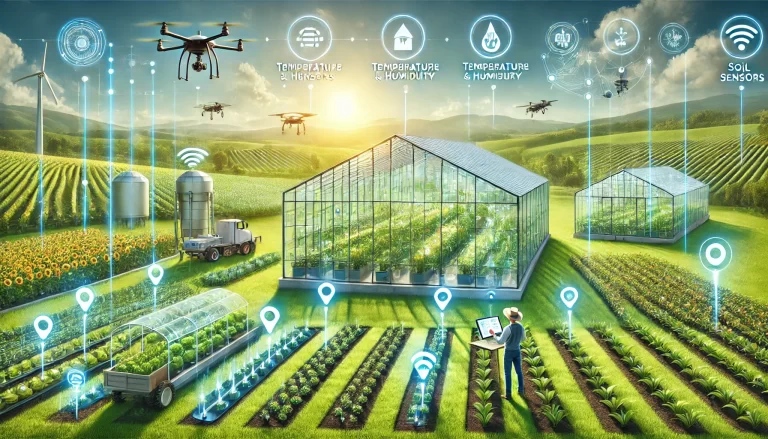Sensors have emerged as the cornerstone of digital transformation. The Internet of Things (IoT), a vast network aggregating billions of data points in the cloud, relies heavily on sensors for data collection. These devices measure and interpret physical phenomena such as light, heat, motion, and sound, seamlessly bridging the gap between the physical and digital worlds by converting real-world inputs into digital signals of 1s and 0s.
The surge in innovative applications has significantly driven the demand for sensors across various sectors. In industries such as manufacturing, aerospace, smart homes, advanced driver-assistance systems (ADAS), and healthcare, sensors play a pivotal role in monitoring environments and gathering essential data. These industries leverage sensor solutions to create a more convenient and intelligent world, facilitating automation, improving efficiency, and enhancing safety.

Advancing digital transformation necessitates the continuous development of cutting-edge sensor technologies. This includes the research and development of novel core sensing technologies, the creation of sophisticated algorithms for sensor data interpretation, and the innovation of plug-and-play sensor systems that original equipment manufacturers (OEMs) can easily integrate into end products. Comprehensive sensor solutions are essential for realizing a fully digital world, enabling seamless communication between devices and systems.
Real-world examples highlight the transformative impact of sensors. In the healthcare sector, wearable devices equipped with biosensors monitor vital signs, enabling early detection of health issues and personalized treatment. In the automotive industry, LiDAR and radar sensors enhance vehicle safety by supporting autonomous driving and collision avoidance. Manufacturing industries utilize industrial IoT sensors to optimize production lines, reduce downtime, and improve quality control.

Emerging technologies such as flexible sensors, nanosensors, and artificial intelligence-integrated sensors promise to revolutionize various fields further. Flexible sensors can be embedded into fabrics for smart textiles, nanosensors offer ultra-sensitive detection capabilities in medical diagnostics, and AI-driven sensors can autonomously adapt to changing environments, providing more accurate and context-aware data.
As digital transformation accelerates, sensors will continue to be at the forefront of the next wave of technological innovation. Their role in enabling intelligent systems and smart infrastructure is indispensable, making them the driving force behind a more connected, efficient, and intelligent world.
